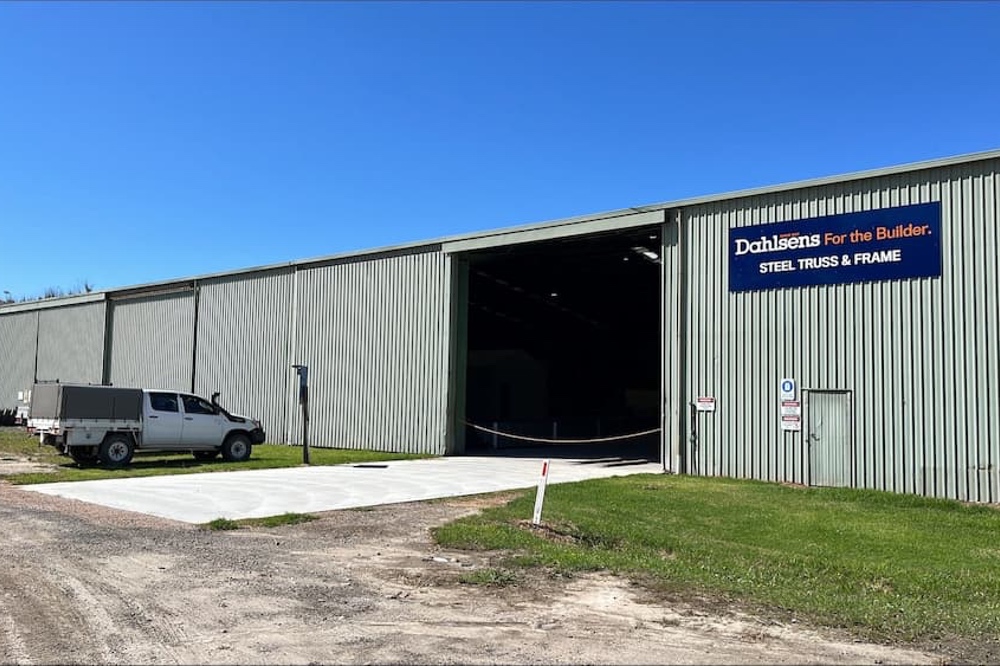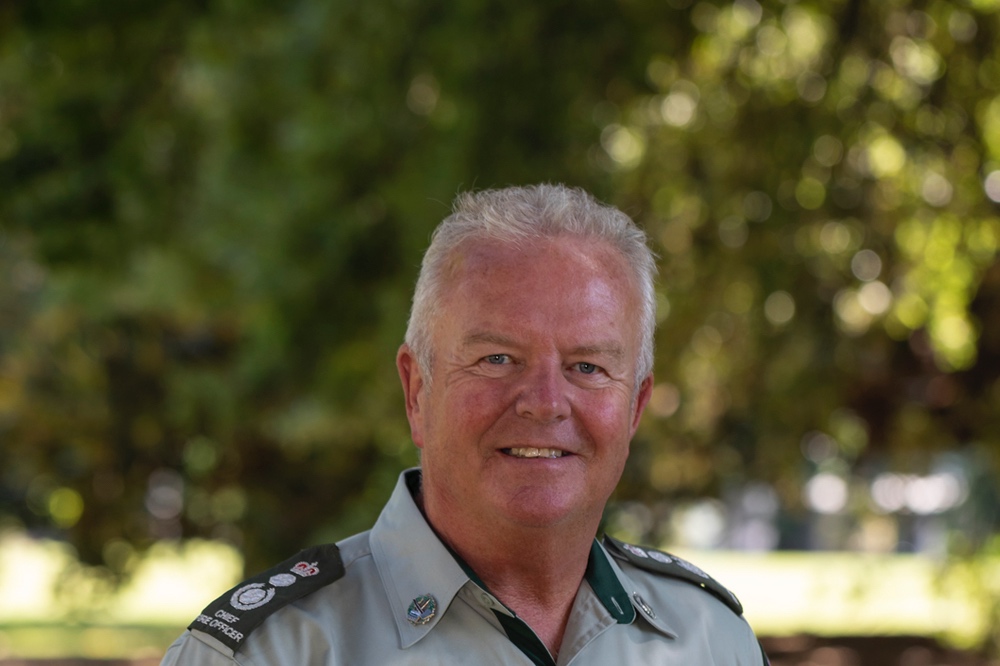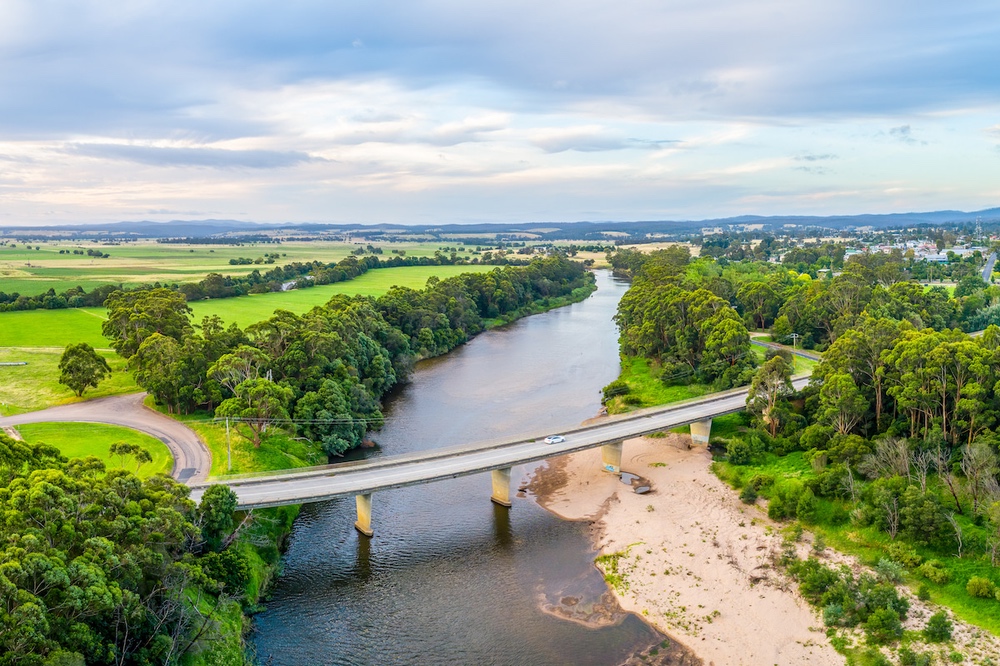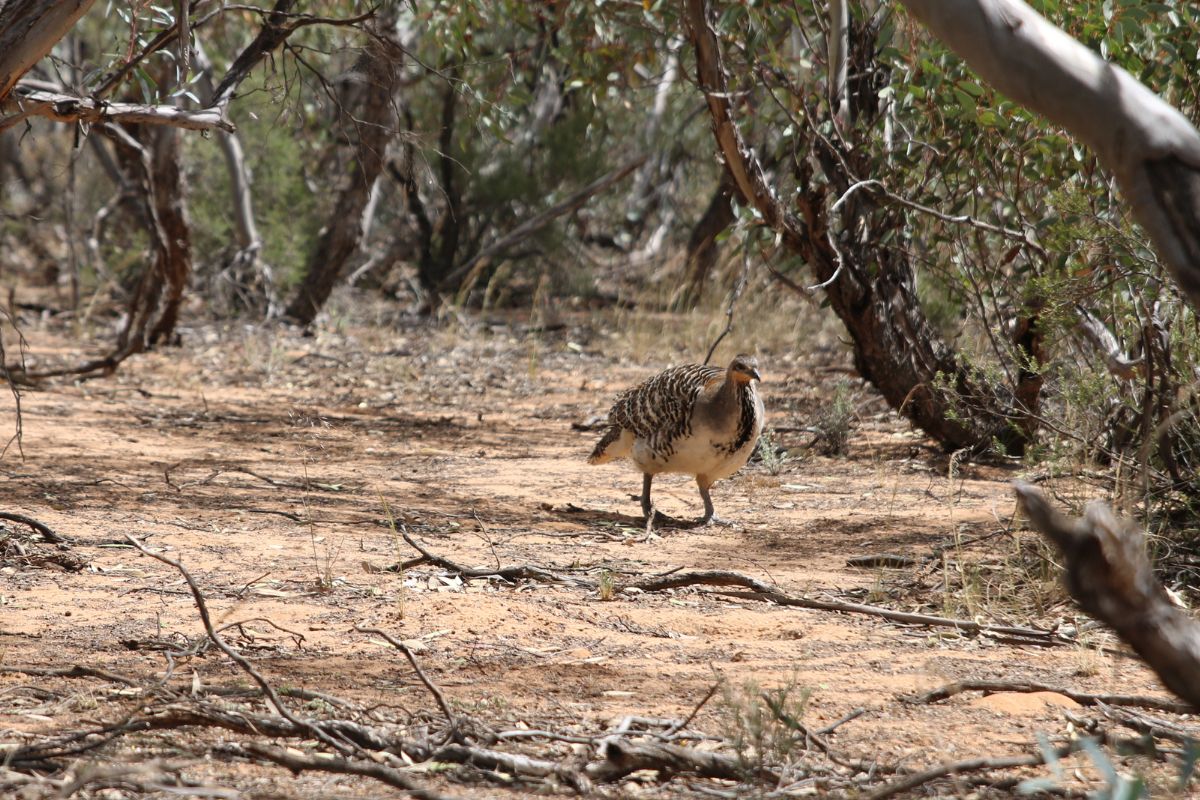9 tips for new campers and caravanners
If you’re new to camping or caravanning, here are nine great tips to stay safe and stay COVIDSafe on your Easter school holiday adventure.
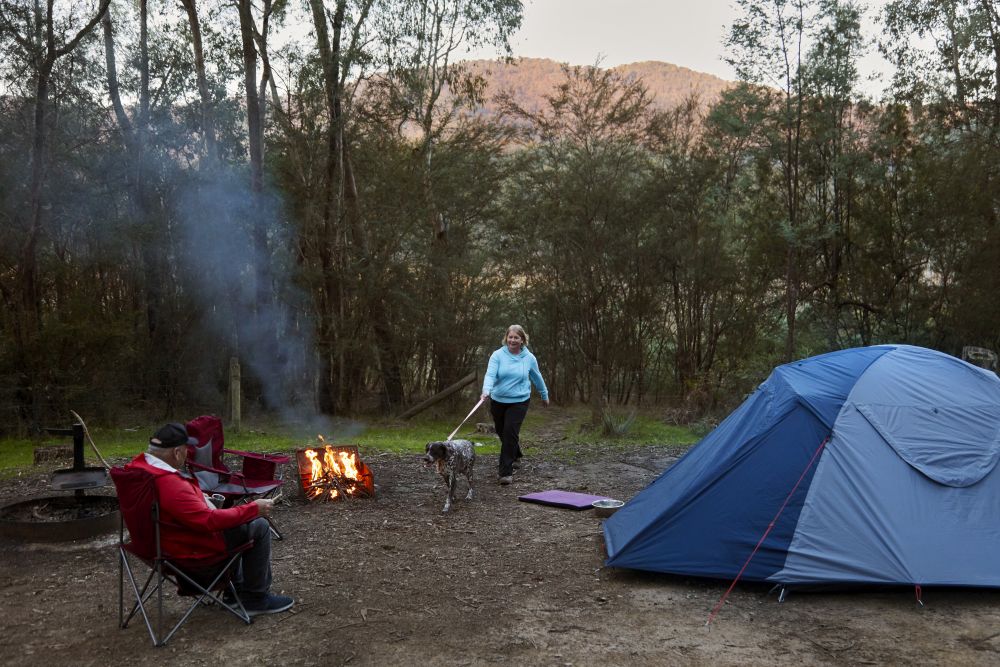
Image credit: Parks Victoria
1. Stay COVIDSafe
Remember physical distancing. Stay 1.5 metres from people who aren’t from your own home, and carry a fitted face mask and hand sanitiser with you in case you need them, and keep up to date with the latest public health measures.
That 1.5-metre gap includes where you set up your camp or caravan site. Make sure you have a safe distance in between campsites.
2. Have a plan
Plan your trip before you leave, because many places in our parks and state forests are likely to be very busy.
We expect that most camping areas on public land will be fully occupied. If you can’t camp in a designated camping area away from roads and watercourses or at least 1.5 metres from the neighbouring site, you must go somewhere else.
Explore other options via the Parks Victoria website or the Forest Fire Management Victoria’s Places to Visit page.
If your plan A is booked out, try local hotels or private caravan and camping sites.
3. Take out what you take in
Our regional areas will be delighted to see you these holidays. Shop local, and support local businesses and attractions.
Leave your chosen holiday spot as you left it. Take your rubbish with you. Keep to designated walking or four-wheel drive tracks.
4. Choose your site carefully
Use the width of a car, a beach towel, a canoe oar or a tent pole as a guide to staying 1.5 metres from other camp or caravan sites.
Trees and limbs can fall without warning. Camp clear of trees.
Flash floods can hit watercourses. Camp at least 20 metres from a watercourse to stay safe.
5. Stay up to date
Situations can change quickly. Know the local fire danger before you go and while you’re away. Use the VicEmergency app, and listen to local emergency radio stations in case of bushfire, storms or flooding.
Prepare to be flexible as restrictions may change while you’re away. Check Victoria’s restriction levels or phone the COVID-19 Hotline on 1800 675 398.
6. Campfire rules
Read about campfire safety before you travel. Different rules apply in parks and state forests.
Never leave a campfire unattended. It’s up to you to ensure it’s fully extinguished with water.
Take firewood only from designated collection areas in state forests or parks – never from fallen trees or hollow logs.
There are different rules for campfires in national, state and regional parks and in state forests. Know the rules before you go.
7. Safe swimming and water activities
A warm Easter might tempt many into the water. Use the VicEmergency app to check for beach closures and the BeachSafe app so you have a back-up option if your chosen beach is crowded. Always swim between the flags.
Whether at the beach or inland waterways, never swim alone. Don’t mix alcohol and swimming, and watch children when you’re near the water.
Check the Boating Vic app for iOS or Android. Check weather and ramp conditions and the VicEmergency app.
Don’t share your fishing gear, and remember physical distancing and hygiene when you’re fuelling up, buying bait, on a jetty or using boat ramps.
8. Road safety
Take care on the roads, especially if you’re towing a caravan or a trailer for the first time.
Traffic may be heavy. Take your time. Take regular breaks to freshen up at least every two hours.
Slow down, and adjust your speed for poor weather conditions, especially on unsealed roads.
And if it’s flooded, forget it. Floods can wash away roads beneath the surface, and just 15cm of water can cause a car to float.
If you’re four-wheel driving, keep to formed tracks.
9. Be patient
Many popular sites will be busy with visitors over the Easter holidays. Consider visiting popular areas at a different time. Avoid queues or being turned away by booking or phoning ahead where possible.
When waiting in line or walking through busy areas, be patient and give others space.
Keep left on walking tracks, and stay on formed tracks. Creating your own path through the bush is dangerous, illegal, and may damage protected areas of conservation or cultural significance.
